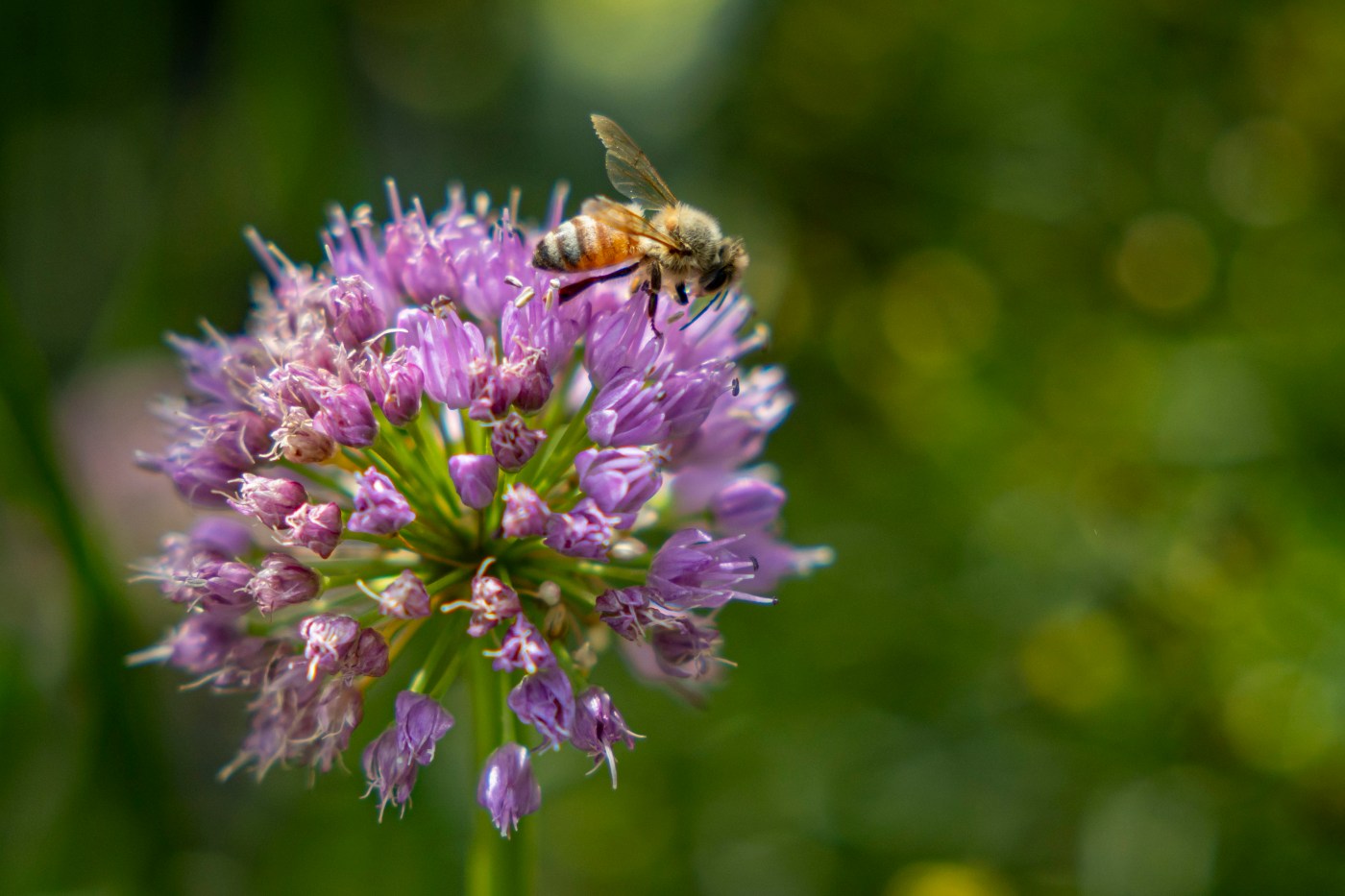URGENT UPDATE: Chicago’s allergy season is stretching longer than ever, with pollen counts hitting alarming highs. Residents are experiencing severe symptoms as ragweed pollen surged to an unprecedented 148 grains per cubic meter on September 11, 2025, according to Loyola Medicine.
Annie Andrews, a 28-year-old restaurant server, expressed her frustration, stating, “I couldn’t stop sneezing during a shift.” As she served patrons outside, the swarming insects added to the chaos, prompting diners to request seating away from the bees and wasps. With ragweed pollen concentrations soaring, Chicagoans are finding relief harder to come by.
New reports confirm that this year’s ragweed levels are the highest recorded since 2018. The recent findings from Climate Central illustrate a growing concern: climate change is stretching allergy seasons and increasing the number of days with high pollen counts. The data indicates that the time between the last spring freeze and the first fall frost in Chicago has extended by an average of 21 days since 1970.
Dr. Rachna Shah, who monitors pollen levels daily, warns of the health implications. “Symptomatically, I’m just seeing a lot more patients,” she noted, emphasizing the negative impact on public health.
As the climate warms, the growing season for plants lengthens, causing an increase in both pollen production and peak pollen days. Over the last 55 years, freeze-free days have increased by an average of 20 days in 172 of 198 U.S. cities, a trend confirmed by data from the National Oceanic and Atmospheric Administration.
The implications are significant. Allergies affect 1 in 4 adults and can exacerbate asthma symptoms, leading to more emergency room visits. Dr. Andrew Rorie from the University of Nebraska Medical Center highlighted the connection between climate change and increased pollen production, stating, “When we find objective evidence that something is changing… it’s important to take note.”
With current weather patterns, the dry and mild conditions are allowing ragweed to flourish. Shah explained, “We haven’t had much rain, which breaks down pollen.” As these conditions persist, allergy sufferers may face a prolonged struggle with their symptoms.
The situation is exacerbated by aggressive yellow jackets and other wasps, which become more active as summer transitions to fall. Rorie noted, “They become just a little bit more perturbed and a little more aggressive because they’re kind of running out of food.” As outdoor dining continues, residents must navigate both pollen and pests.
Dr. Rorie advises preventive measures for those affected, including keeping windows closed and using air filters indoors. Residents can check daily air quality and allergen forecasts for updates. With allergy seasons intensifying, it is crucial to stay informed.
Looking ahead, experts warn that if greenhouse gas emissions remain unchecked, we could see a staggering 200% increase in pollen production by the century’s end. The urgency of this situation cannot be overstated as the health of millions hangs in the balance.
As Chicagoans adapt to this new reality, the message is clear: proactive measures are essential in managing the growing threat of allergies due to climate change. Stay alert, stay informed, and be prepared.
